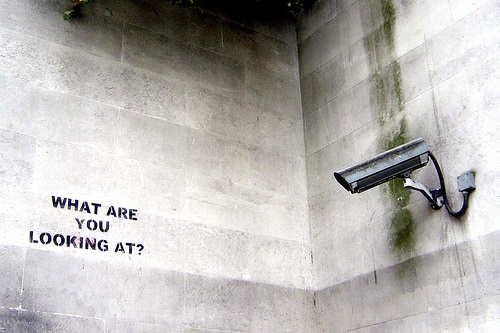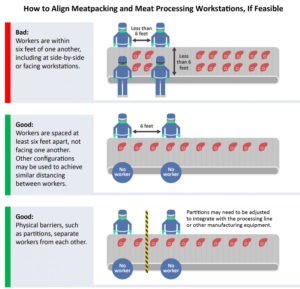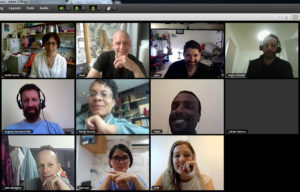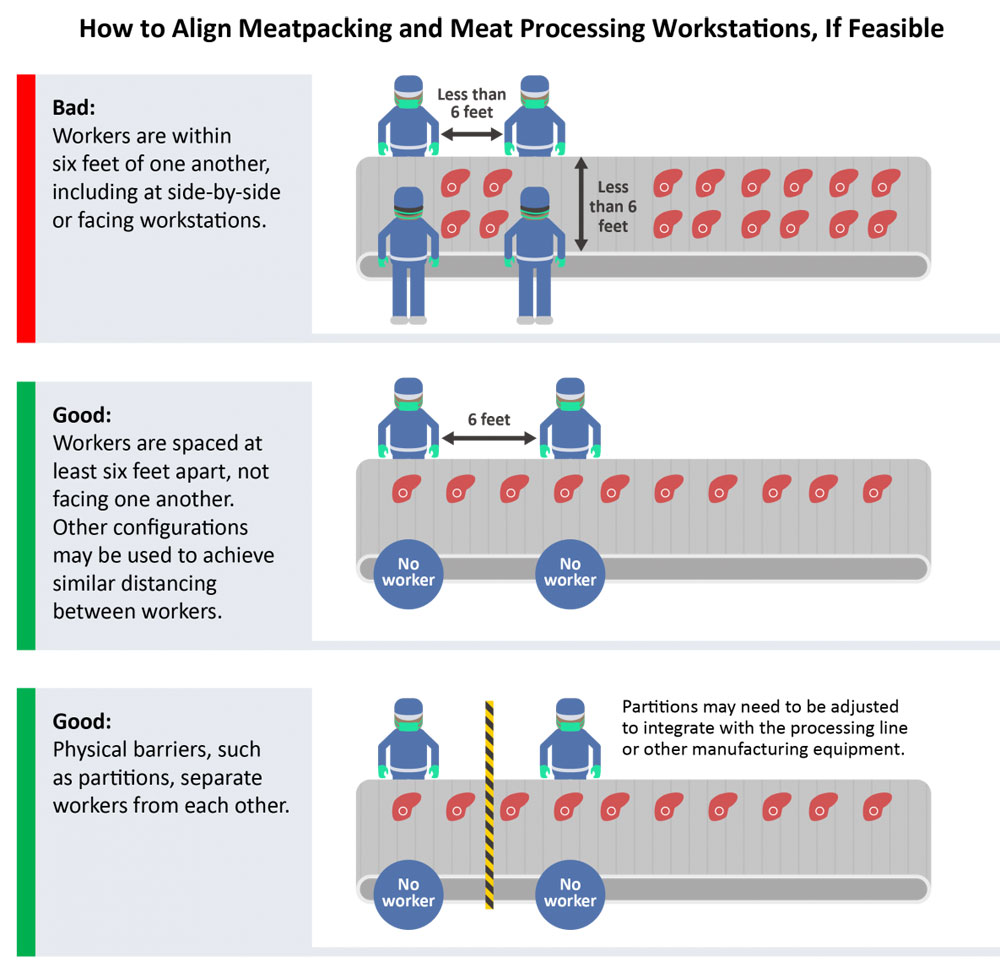
May 7, 2015; New York Times
According to Will Porter, writing for Antiwar.com, Glenn Greenwald, the former writer for the Guardian, now the co-editor of the Intercept, gave a talk at the University of Texas to say, as Porter summarized, “The war on terror, he said, must eventually come home. That is to say, perpetual warfare waged abroad will always creep back to the Homeland, manifesting on the domestic front in a number of alarming ways.”
That may be the underlying message of the Appeals Court decision that invalidated the National Security Agency’s massive surveillance of domestic telephone calls under the PATRIOT Act. The three-judge panel for the U.S. Court of Appeals for the Second Circuit unanimously ruled yesterday that the NSA’s bulk collection of Americans’ phone records is illegal. Their invalidation of the NSA’s use of Section 215 of the PATRIOT Act to do mass collection of domestic calling records changes a major element of U.S. anti-terrorism surveillance policy under both the Bush and Obama administrations. Charlie Savage and Jonathan Weisman write in the New York Times that the appeals court ruling is “certain to increase the tension that has been building in Congress as the provision of the [PATRIOT] act that has been cited to justify the bulk data collection program nears a June 1st expiration.”
The decision puts the judicial system into a bit of a quandary. To this point, the NSA telephone metadata collection has been given the green light by the secret deliberations of the judges serving on the Foreign Intelligence Surveillance Court who routinely approved NSA requests for surveillance and presumably did so with the understanding that Section 215 allowed for the NSA practice. According to Savage and Weisman, “the appeals court ruling raises the question of whether Section 215, extended or not, has ever legitimately authorized the program.”
Sign up for our free newsletters
Subscribe to NPQ's newsletters to have our top stories delivered directly to your inbox.
By signing up, you agree to our privacy policy and terms of use, and to receive messages from NPQ and our partners.
The Appeals Court ruling is a huge victory for advocates that have fought the NSA program as illegal with or without the construct of the PATRIOT Act, especially the American Civil Liberties Union. Alexander Abdo, who Savage and Weisman reported argued the case on behalf of the ACLU, called the decision a “victory for the rule of law that should spur Congress into action.” The Court made its ruling based on its interpretation of Section 215, not the bigger issue that the ACLU raised that questioned the constitutionality of the NSA surveillance program.
The text of the court’s decision doesn’t mention Greenwald at all and mentions one other important person in the NSA story only once: Edward Snowden, whose leaks the court acknowledged were the means by which Americans learned about the telephone metadata program in June of 2013. What Snowden revealed was that rather than collecting telephone records specifically pertinent to ongoing national security investigations, the NSA was using Section 215 to collect everything. Given that Snowden has been disparaged as a traitor and threatened with prosecution under the Espionage Act, the Appeals Court ruling puts the Snowden controversy into a different light. It may be that, as several articles in NPQ have suggested, he actually should have been treated as a whistleblower rather than as a criminal. Although Snowden has been subject to lots of criticism as time has gone on, this decision should be seen as a vindication.
One of the original authors of the PATRIOT Act, former Wisconsin congressman Jim Sensenbrenner, filed an amicus brief with the court supporting the ACLU position. “The NSA is gathering on a daily basis the details of every call that every American makes, as well as every call made by foreigners to or from the United States,” according to Sensenbrenner’s brief. “How can every call that every American makes or receives be relevant to a specific investigation?”
With this ruling, the Appeals Court is sending the issue back to the District Court level to determine what to do next with the telephone metadata program. One obvious thing the court and the Obama administration together might do—let up on Snowden and allow him to return to this country with the appreciation he deserves for his action of public service.—Rick Cohen













